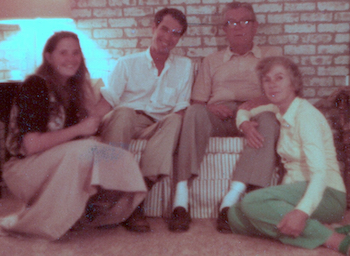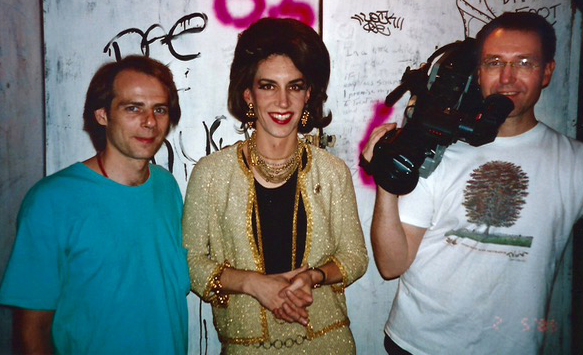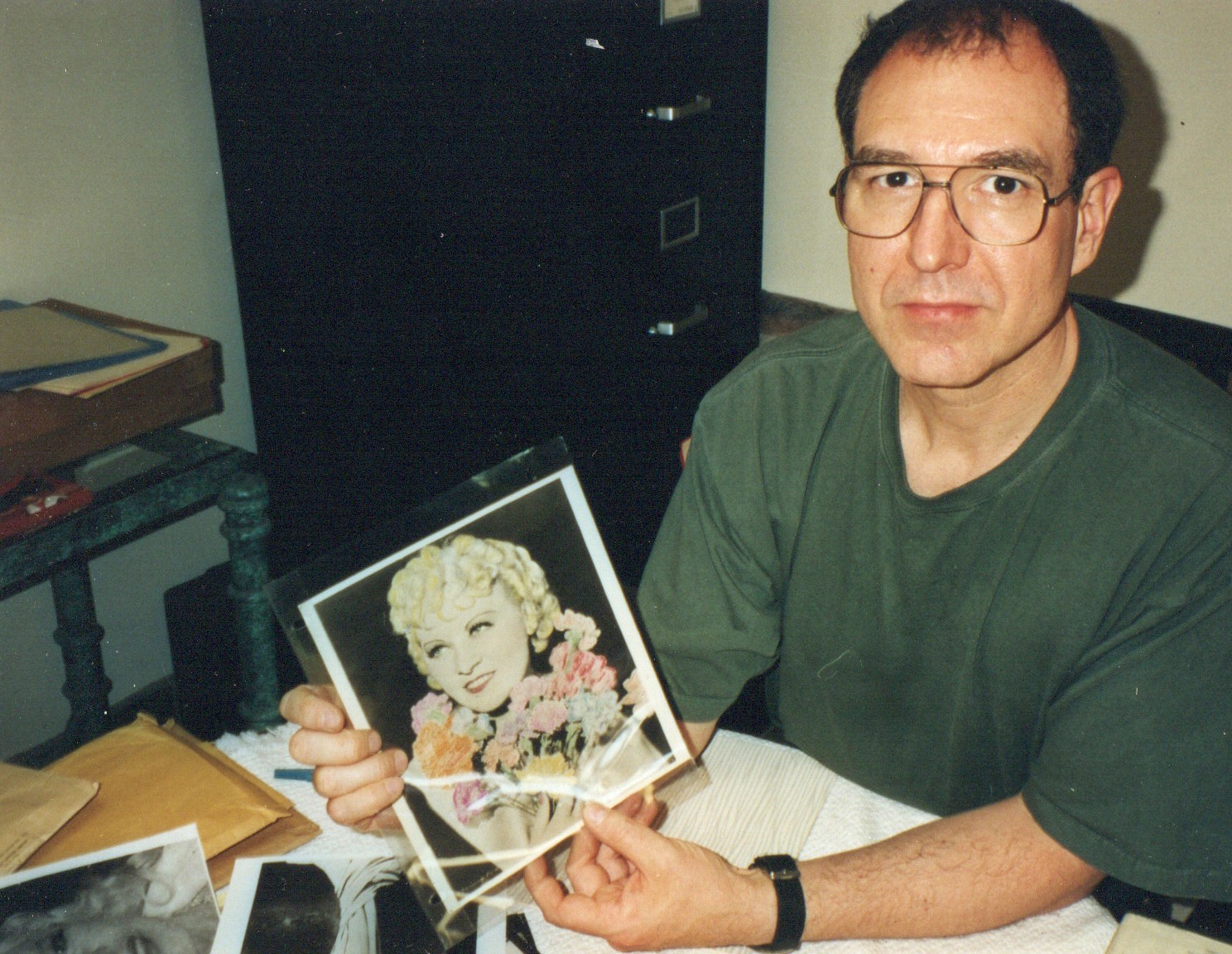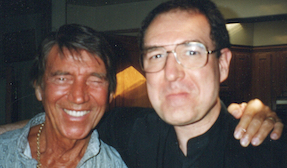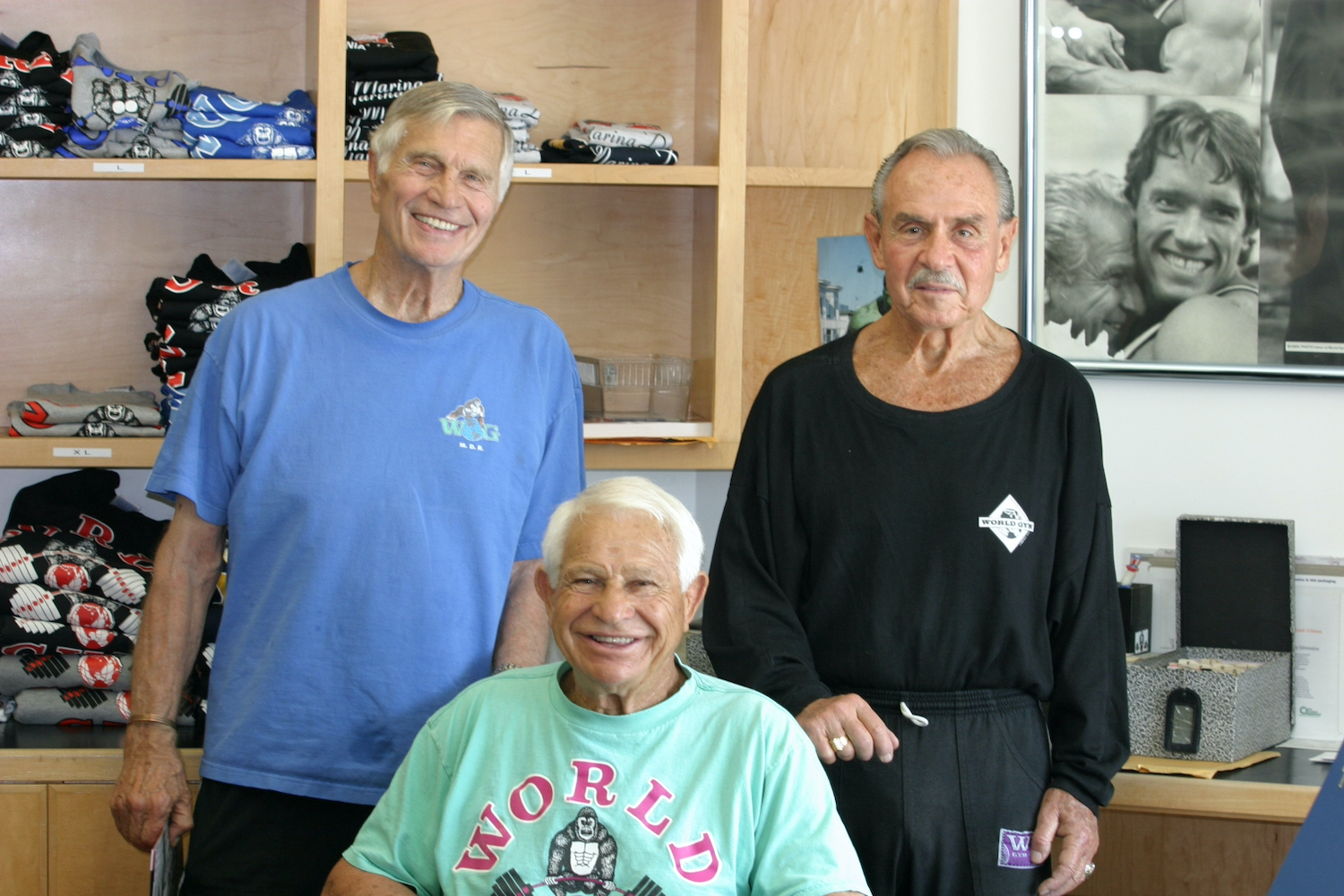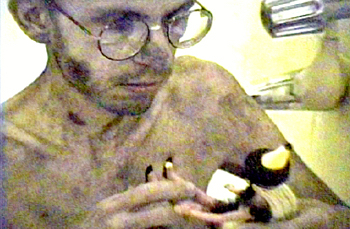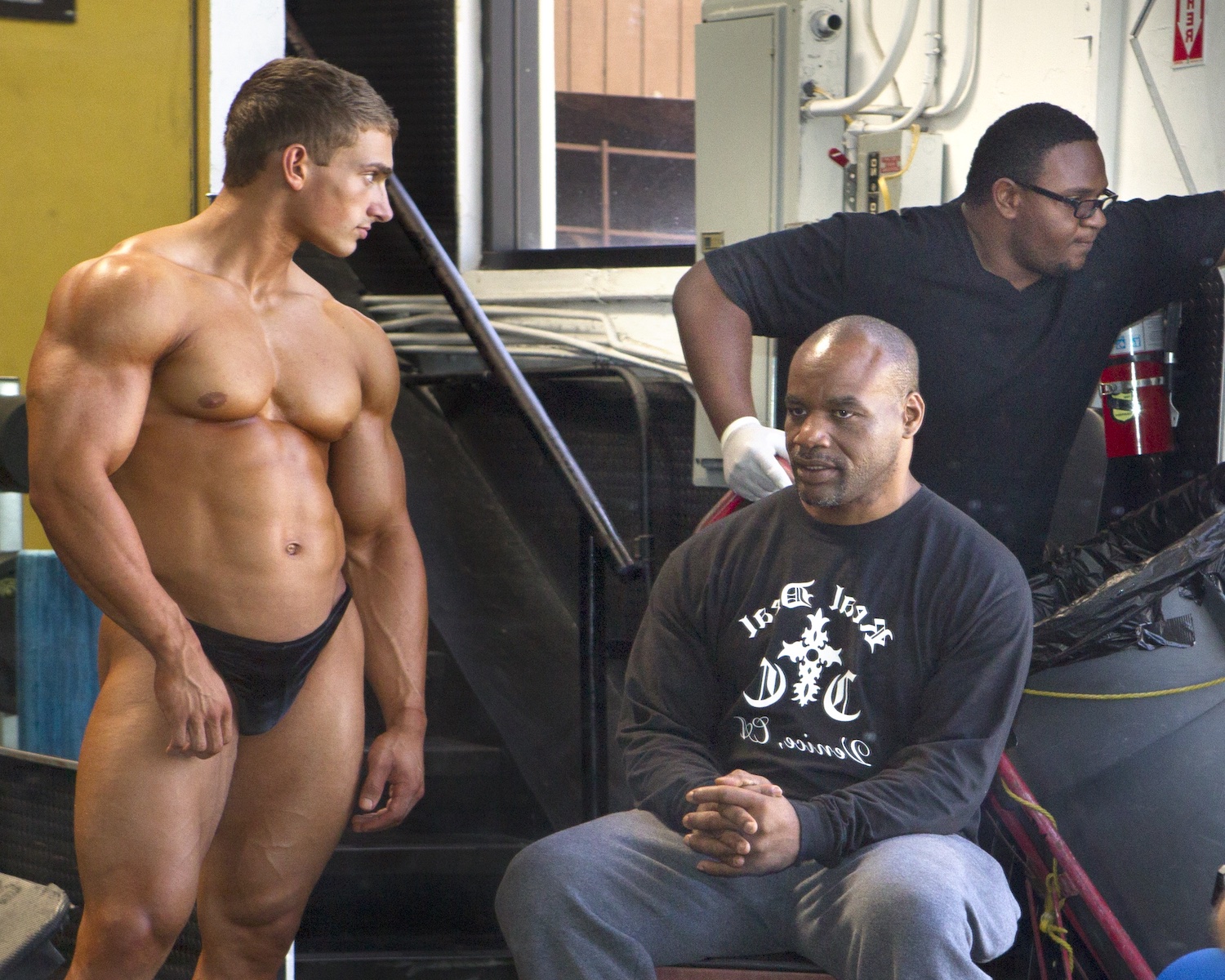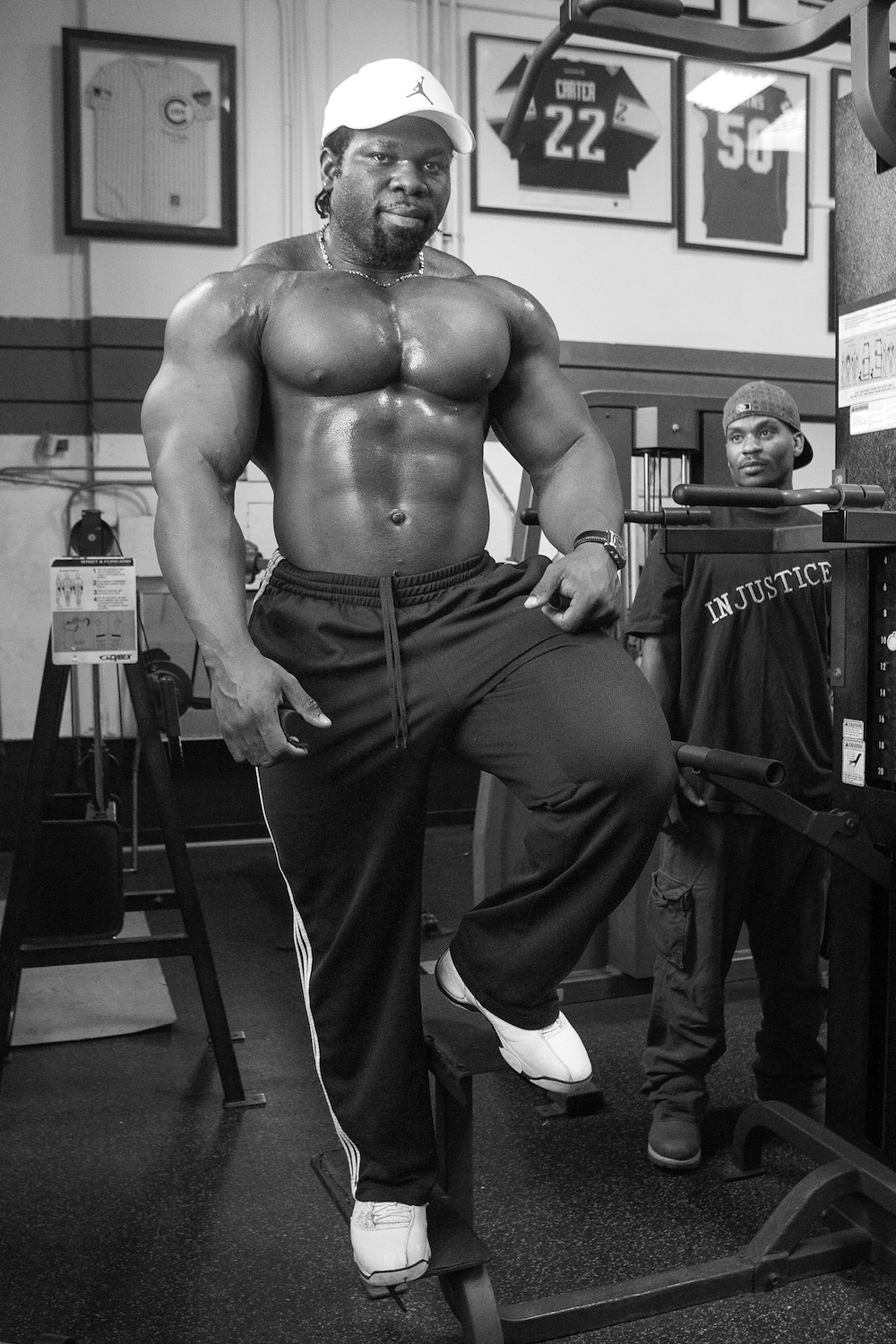William Barr Comstock (“Wild Bill”), is a renowned digital photographer in the bodybuilding and fitness industry. He began his work as a still photographer shortly after his arrival in Southern California in 2000 shooting mega-promoter Jon Lindsay’s NPC regional bodybuilding contests for the now defunct graphicmuscle.com, a bodybuilding website he cofounded with the legendary Mickey Hargitay. The site was subsumed by IRONMAN MAGAZINE, where Comstock worked closely with John Balik and Lonnie Teper in providing contest coverage. He later worked with MUSCULAR DEVELOPMENT MAGAZINE and FLEX Magazine. Additionally, Comstock contributed to RX MUSCLE. Comstock's professional activities frequently centered around Gold's Gym in Venice, California, an iconic location in bodybuilding culture often referred to as “The Mecca” of the sport. This positioning allowed him to develop relationships with elite athletes such as Chris Cormier, Charles Glass, Kai Greene, Dexter Jackson, Cody Montgomery, Shawn Ray, Shawn Rhoden, Hidetada Yamagishi, and others. His pics present a raw and authentic portrayal of people and event training regimens without the use of artificial lights, fake weights, and contrived poses for the camera.
Comstock was born in 1951, and raised in a prominent family of academics. His great grandfather was John Dewey, “a major voice of progressive education and liberalism.” His grandfather’s brother, Daniel Frost Comstock, was a member of the faculty at MIT in theoretical physics, and invented Technicolor. He given the middle name Barr after Stringfellow Barr (his father’s favorite cousin). Barr was a historian, author, and president of St. John’s College where he, together with Scott Buchanan, instituted the Great Books curriculum. His maternal grandmother was the Headmistress at Deerfield Academy, one of the oldest prep schools in the country. His father, Alex Barr Comstock(who was teased as a child for being a “smart aleck”) chose to go by his middle name. He was sent to Browne & Nichols School, and went on to Harvard University where he graduated in 1940 with John F. Kennedy. During the war, he served as a Lieutenant in the US Navy.
Comstock was sent to elite private schools: St. Edmund’s Academy in Pittsburgh, and the North Shore Country Day School in Winnetka. He made a poor scholar, however, having suffered a brain injury as a 4 year old that resulted in aphasia, a language disorder that makes it difficult to communicate through speech. He recalls being sent to the hall every day in the 4th grade for disruptive behavior. He says the only reason he was not kicked out of North Shore was because the Headmaster, Nathaniel French, was a family relation. Eventually, he was expelled in 1968 for hooliganism, and sent to New Trier West, a public school, where he graduated the following year. His SAT and ACT scores were so low that he was not accepted into a university.
In 1970, Comstock read King Lear for the first time. He had consumed a quart of gin, and was struck by a vision of the play that looked nothing like the one he was reading in Shakespeare The Complete Works, edited by G. B. Harrison. He believed he had been contacted by Shakespeare himself, and sent on a divine mission to restore the play back to its original form. Comstock moved to New York City in 1976, and worked with Michael Moriarty's Shakespeare Company, “Potter's Field.” By March 22, 1979, he was habitually drunk, and taken to AA. His sponsor made it a condition that he never talk about King Lear. After a few years of constantly attending meetings, he enrolled at Fordham College at Lincoln Center in 1982 as an adult student, and then transferred to NYU | Tisch School of the Arts.
From 1990-92, Comstock produced Channel 69 with Linda Simpson, a weekly television series on Manhattan Cable Television featuring live drag shows from the Pyramid Club. In the fall of 1992, he produced the lesbian dance festival Turn Out, which Jennifer Dunning cited in The New York Times as one of the year's best dance events. It was in that year that he shot the video Soup of Evening, a graphic depiction of the horror of AIDS in NYC in the early 90s. The video portrays a bleak and absurdist view of human existence that is mitigated only by kindness and the imagi-nation. A few years later he produced Sons of Hercules with MGM Archivist John Kirk. It was presented at gay film festivals around the world. “These mincing musclequeens might as well be Hercules’ daughters!” wrote Gary Morris at the Bright Lights Film Journal. In Comstock’s mind both the drag queens at the Pyramid and the musclemen at the Mr. Olympia are forms of genderfuck. What it means to be a man is the central theme of his work, including King Lear, where machismo is the hamartia of its title character. The play teaches men and boys how to manage anger. Comstock currently resides in Hollywood, and has been clean and sober since March 22, 1979.
